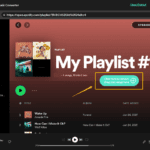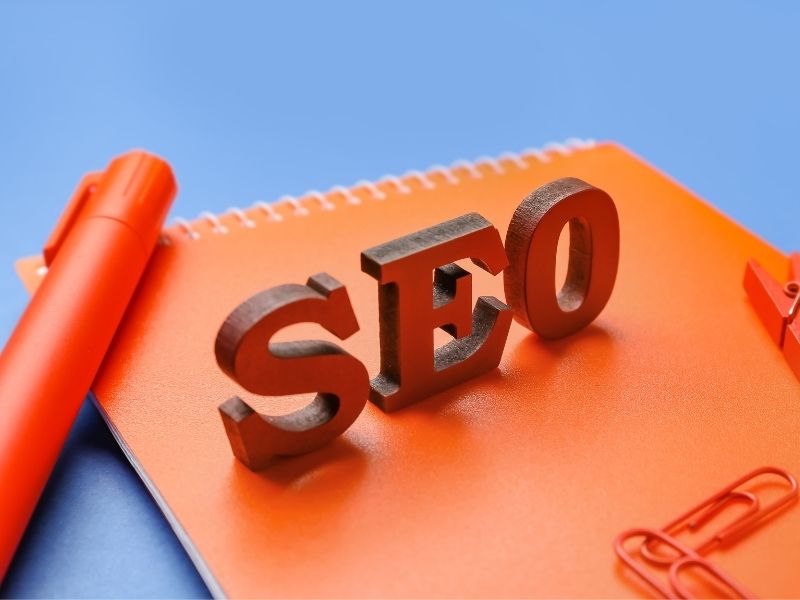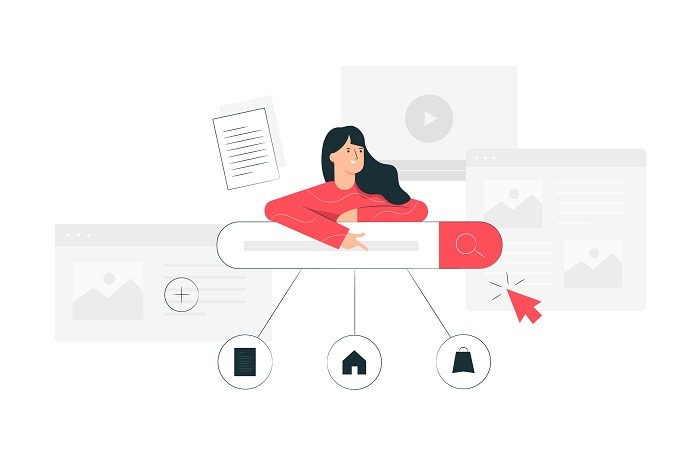There’s always an unending debate on PPC versus SEO that goes on in the field of digital marketing. Digital marketers can be seen sometimes supporting SEO and sometimes PPC. But, what are the pros and cons of both? Most importantly, which one is best for you? Here’s the wholesome discussion.
What is the Need to Use PPC or SEO?
More than 3.5 billion people use Google to search for their queries. The search engine giant processes 40,000 searches every second. Among such huge data, it becomes difficult to rank your website and keep it above your competitor’s website. Traffic is the main ingredient that keeps your website going. When a huge number of users visit your website, you get a small number of your potential customers. It means the people who are going to purchase your products and services. In simple terms, getting huge traffic to introduce you to your potential customers, increase sales, and lead your business to success.
SEO (Search Engine Optimization) and PPC(Pay-Per-Click) are the two best search engine marketing methods. Digital marketers use it to increase traffic and generate sales. But, choosing between the two is not so easy. A lot of people compare between the two and ask which one is better for their business. It entirely depends on the kind of business you run, the marketplace, and your business objectives.
Before you choose SEO or PPC, you need to have a deep knowledge of its pros, cons, and other factors. So, first, start with understanding SEO and PPC that includes their definitions, differences between the two, and their pros and cons. At last, you will be able to decide which one is best for your business or brand.
What is SEO?
SEO or search engine optimization can be defined as the process of improving your website’s visibility to appear on the top of various search engine result pages. When you improve your website’s visibility, it draws the attention of people and attracts your prospective customers.
The Basic Elements of SEO:
SEO includes a set of practices that improves your websites’ relevance, credibility, and visibility. It is divided into on-page and off-page.
On-page optimization means including some factors such as: –
● Meta descriptions and H1 tags that include the keywords you want to rank for.
● Writing descriptive Alt text that includes your keyword also.
● Optimize H2, H3, and H4 titles with your keywords.
● And, putting keywords in your content that should look natural.
Off-page optimization includes methods to improve the ranking of your website such as: –
● Inserting inbound links or backlinks. The high-value backlinks coming from a website having high domain authority help your website to rank higher on search engine result pages.
● Including guest blogging and business directories to prove the authenticity and authority of your posts, content, reviews, etc.
● Influencer marketing and including it in listicles.
● Internal linking on websites and mentioning linked and unlinked brands in reviews, guest posts, articles, and press releases.
What is PPC or Pay-Per-Click?
PPC can be defined as the model of internet marketing in which advertisers pay a fee each time a customer clicks on their ads. In short, advertisers buy visits instead of earning them organically. These ads appear at the top and bottom of the search engine result pages. Also, it appears below and above organic search results. Besides, you can see remarketing and display ads appearing on other websites.
The Basic Elements of PPC:
Pay-per-click brings immediate results. But, before implementing this advertising campaign, set up it properly. Plus, monitor it to confirm that your campaigns are working effectively.
Here are some basic elements that you need to keep in mind for your PPC ads: –
● Use proper keywords relevant to your PPC advertising and make sure it is going in an accurate direction.
● Craft a relevant and well-thought ad copy. Keep in mind that it should be clear and direct and must include a clear call to action.
● Practicing A/B testing can help you to find out which ads are beneficial to your campaign. You can create multiple ads ad test them against each other.
● Monitor your bid activity and include a call-to-action on your landing page.
● Make your landing page relevant to ads and campaign needs.
● Measure the success of your campaign consistently.
When You Can Use SEO?
SEO or search engine optimization is something that helps your website to remain at the top of search engine result pages. But, you can’t get it overnight. Instead, it requires a solid SEO strategy. So, here’s are the situations where you can use SEO: –
● You can use SEO to get a higher return on investment. SEO is highly lucrative. You only need to optimize your website and content.
● People who prefer using something cost-effective can choose SEO and improve their brand awareness by bringing relevant traffic.
● SEO gives your website huge exposure or visibility to users.
● SEO increases the trustworthiness of your website and brings sustainability.
When You Can Use PPC?
PPC brings immediate traffic and results from search engines. So, you can PPC in the following cases: –
● You can use PPC to increase your brand awareness. When you spend on Google ads, it helps your audience to recall your brand.
● PPC ads offer quick visibility and increase it at a reasonable cost.
● You can create specific ads targeted at specific users based on time, location, and date.
Now, we know what is SEO & PPC and when to use these. The information can help you to take a concrete decision when it comes to using PPC and SEO. Now, we will dig a bit deeper to find out which one is best for your business.
SEO versus PPC: Which One is Best for Your Brand?
Most people find themselves in a dilemma when it comes to choosing between SEO or PPC. Whether you want to choose SEO or PPC, you need to analyze your business goals, marketing strategies, and growth plans.
SEO Pros & Cons
- The pros of SEO: It raises your brand awareness, is cost-effective, and establishes your credibility.
- The cons of SEO: The competition is very fierce in this field. Plus, it takes time to produce results. Also, it constantly changes with time.
PPC Pros & Cons
- The pros of PPC: You can personalize your PPC ads to reach your target audience. Measuring ROI on your ads is easy. Plus, it boosts your sales.
- The cons of PPC: – PPC can be costly in comparison to SEO. Besides, it requires skills as it can be challenging to set up effective PPC advertising. Also, it does not lead to sales quickly.
In short, SEO will help users to achieve long-term goals. On the contrary, PPC will help you to achieve short-term goals.
SEO and PPC: Our Suggestion
SEO and PPC both have their pros and cons. Both are the part of search engine marketing strategy. So, it is good to devise a strategy combining PPC and SEO to achieve your goals.
● You can extract the conversion data and keywords from PPC and use them in your SEO.
● When you use PPC in collaboration with SEO, it helps you to remarket your products and services to the visitors who have already visited your website but did not make any purchases.
● Besides, when you optimize your content by high-performing keywords and purchase aids for this, there is more that you will appear at the top of search engine result pages.
Conclusion
PPC ads can offer you immediate results and quick visibility. However, it is a bit expensive. On the other hand, SEO gives consistent results and increases the value of your website. Also, it is cost-effective. But, it requires time and you need to be patient. So, it is better to use SEO and PPC in combination to achieve your short or long-term goals and consider your budget and other factors.
Author Bio: Reshu Ojha is an enthusiastic technical writer. Beyond her work, she is an ardent animal lover, avid reader, and writes at Omnichannel.








